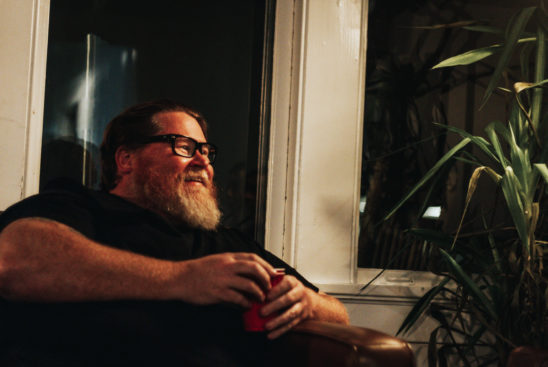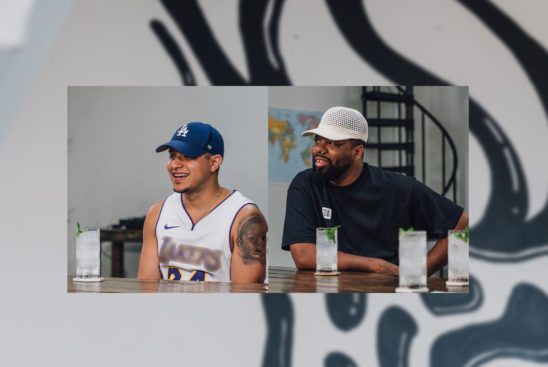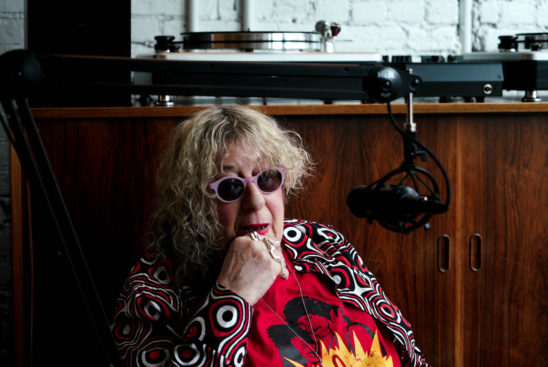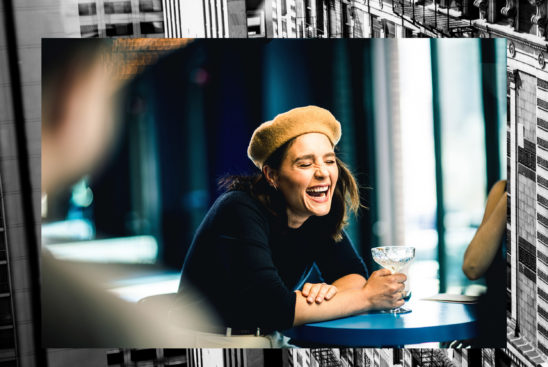Walking into SMACKSongs located on Nashville’s historic Music Row, it is immediately evident from the endless plaques on the wall that Shane McAnally is one of the most successful songwriters and producers in country music. He has worked with Sam Hunt, Kenny Chesney, Dolly Parton and Jennifer Lopez and there is nobody in the industry who brings the lyrics, production, laughs and wittiness like him. Marley Sherwood sat down with the man behind the songs like “Body Like A Backroad,” “Follow Your Arrow” and “American Kids” to discover how the magic happens.
Cheers! Take me back to the beginning, how did music become your passion?
I’m assuming most songwriters have a similar story, I didn’t have anyone around me playing music necessarily. I just wrote songs. In the beginning, I didn’t realize that writing new lyrics to nursery rhymes or familiar songs was any different than anyone else. My mom would always say, “Where did you hear that?” and I would always say, “I just made it up. I don’t know.” My mom and my grandmother had this clothing store and I would go there after school. I was probably 10 years old and would walk the square of the giant parking lot while I would wait for my mom to get off work. I would walk and write songs.
Like in your head?
Yeah. I didn’t play an instrument, but I knew the structure of a song. I was able to understand a hook and verses. That was where it all started. That became almost an obsession and I told my mom I needed to get this music out of my head! So that is when I learned how to play guitar, from there everything clicked. I learned three chords and my teacher told me that is all you need. He taught me a Willie Nelson song that only had two chords, which is “Blue Eyes Crying in the Rain.” As soon as I realized how I only needed a few chords to write country songs, I just went from there.
What comes next after you figured out how to write songs?
Well, when I was 16 years old I went into the studio for the first time to record some stuff I had written. I was playing in bands but not of my own. In Texas there is a big Opry circuit. When I was a kid, families could go and watch what was pretty much a smaller version of the Grand Ole Opry. I was doing this circuit; Lee Ann Womack, Steve Holy, LeAnn Rimes, we all played at The Johnnie High’s Country Music Revue. It wasn’t until college at the University of Texas that I realized nothing besides music was going to work for me. I did not go to college for music.
What did you study?
It always makes people laugh, because I was only there for a year… I studied accounting. I am weirdly good with numbers. I always joke that I am good with math, parallel parking, writing songs and nothing else.
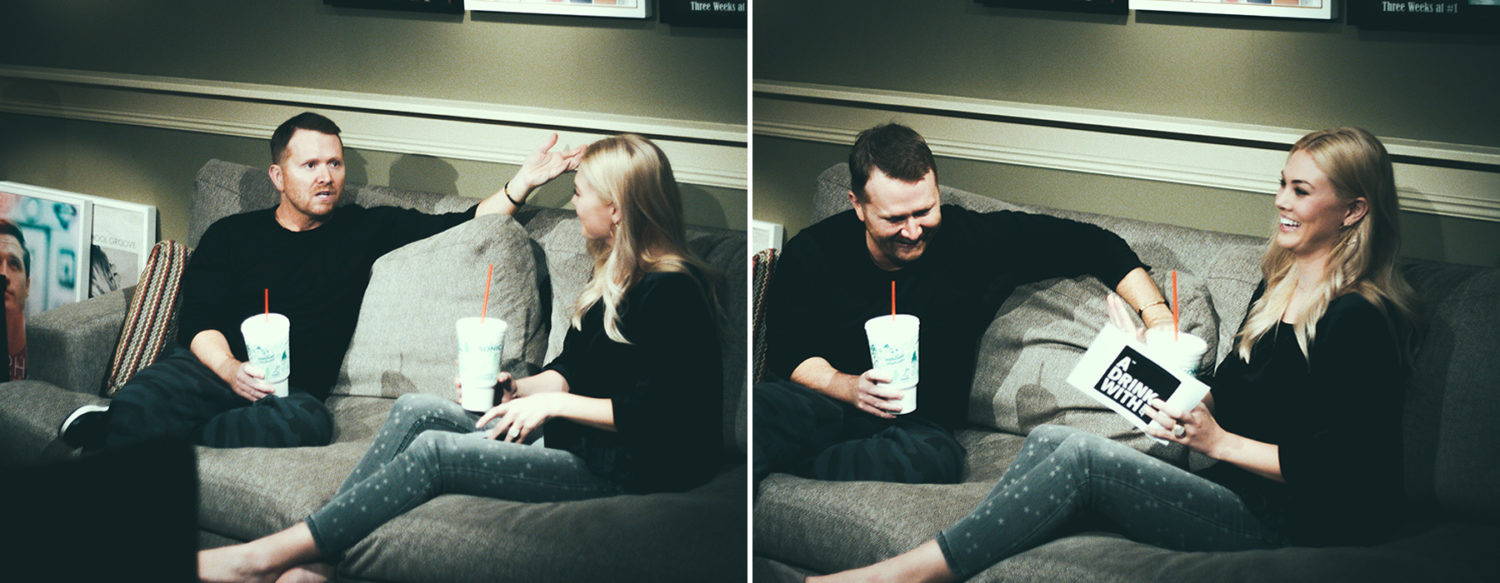
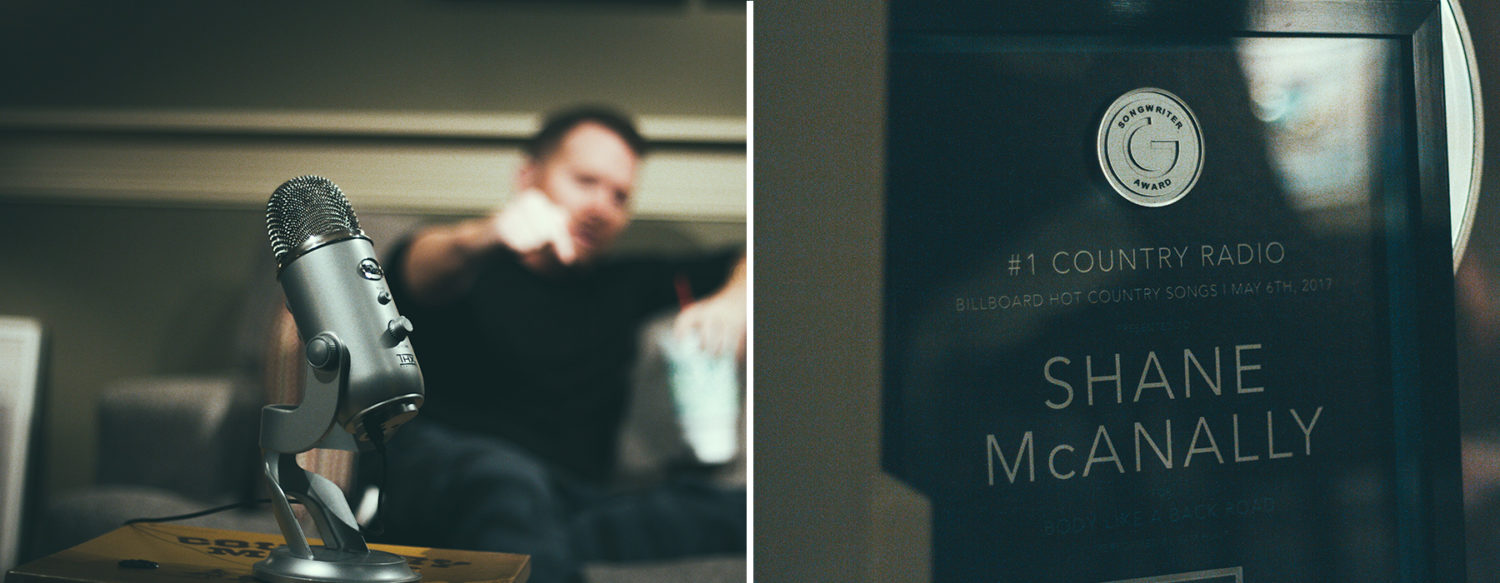
What was the first big step you made to pursue your passion?
A few of my fraternity brothers who I used to play songs with all of the time and I loaded into my grandmother’s minivan —no joke— and drove to Nashville for spring break. We put my name in the hat at the Bluebird Café. I had no idea there would be 5,000 people there waiting to sing. I was one of the maybe 40 people that got up to play that night and played a song for the first time in front of songwriters. That was when the sky opened up. I had no idea before that night that you could actually have a job just being a songwriter.
You started out as a singer?
Right! I was singing before, mostly covers, but I did develop as a pretty good singer. That is what initially got me into Nashville with a record deal. It took me six months in Nashville to get a record deal, but it took me 14 years to get a hit on the radio.
Did that feel like a long time?
Yeah. You know, I had a few songs with Curb Records as an artist, but nothing really “caught.” I was devastated with that. I was doing an extensive radio tour and it went well but nothing too big came of it. It wasn’t enough. I was trying to imitate everyone I had heard on the radio, there was no real self-identification. I was also closeted at the time, which is a whole other thing that can sort of block you from your dream. I think inauthenticity is what reads. I think if people don’t see something of themselves in you, then they don’t have anything to hang on to. And, if you are being someone else, they won’t see themselves in you, so really I think that is what it was. It was not going to work for me. Then, I went to L.A. out of being sort of mad at Nashville. I was there for almost eight years working in a bar and writing songs. That was really college for me. I would come home from work and write songs by myself, that is where I found my own sound with structure and phrasing. I want people to listen to my songs and be able to recognize that I had written them. That is very validating to me. I was only exposed to main stream music or country music and in L.A. I heard music I had never heard before. That was really a part of growing up.
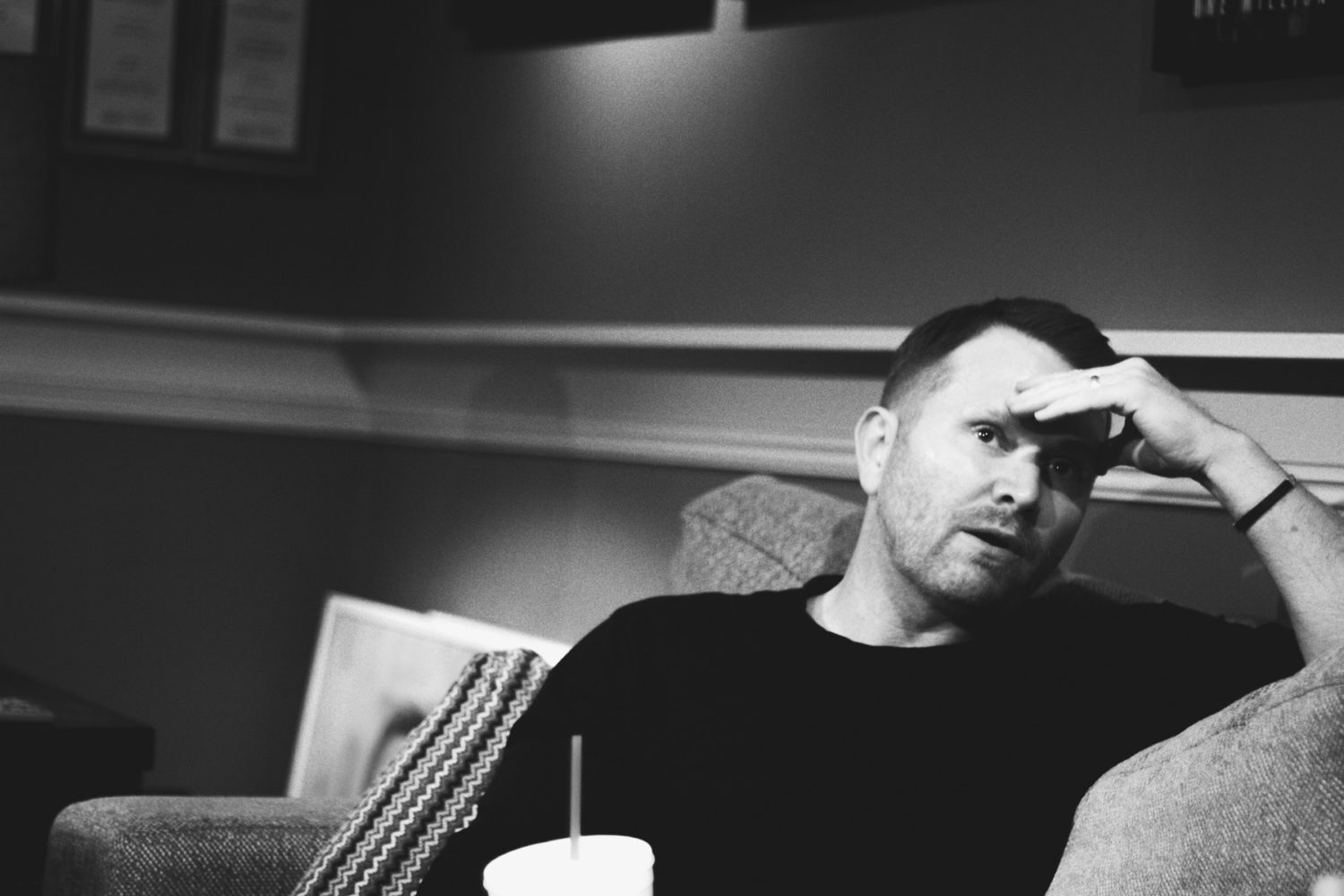
What made you forgive Nashville and come back?
I had no money in L.A., I lost my house in the market crash and I lost my car. I don’t think I really forgave Nashville until I had a hit! I keep staring at that on the wall there — the “Last Call” [by Lee Ann Womack] sign — because that right there is what brought me back. I wrote that song on a writing trip, and the girl I wrote that with had a publishing deal. We wrote it on Halloween, 10 years ago this Halloween. I just rode her coattails because she had a publishing deal. Now when the song was recorded, that doesn’t mean you will have a hit or get paid. It just was a light in the dark for me. At that point, I had nothing else going on so it was reason enough for me to come back to Nashville. My little sister lived here and had a couch I could sleep on. The restaurant she worked at hired me, and that is what I did. I worked there waiting to see what was going to happen with “Last Call.” It finally did come out as a single, it took almost a year to reach the top 15, which is all it did; but that was a beacon for me. The following year, “Somewhere With You” was recorded by Kenny Chesney and that I really feel is where things sort of just lit on fire. That was my first No. 1 and that was 2010.
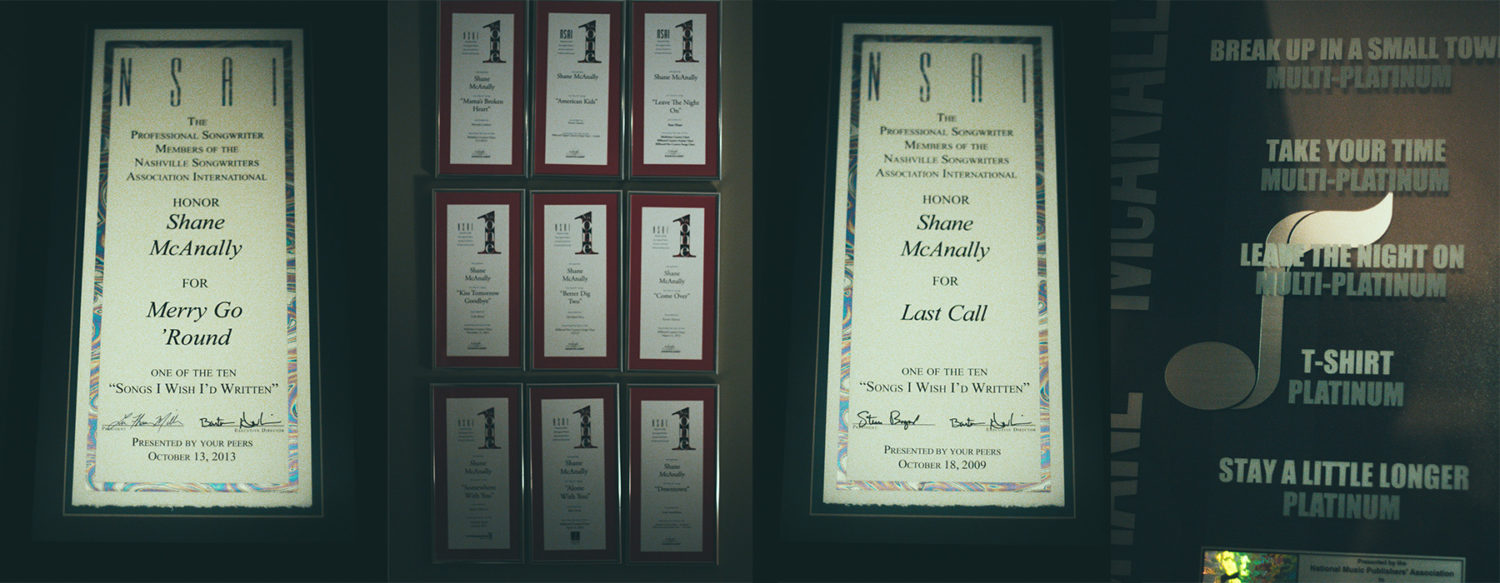
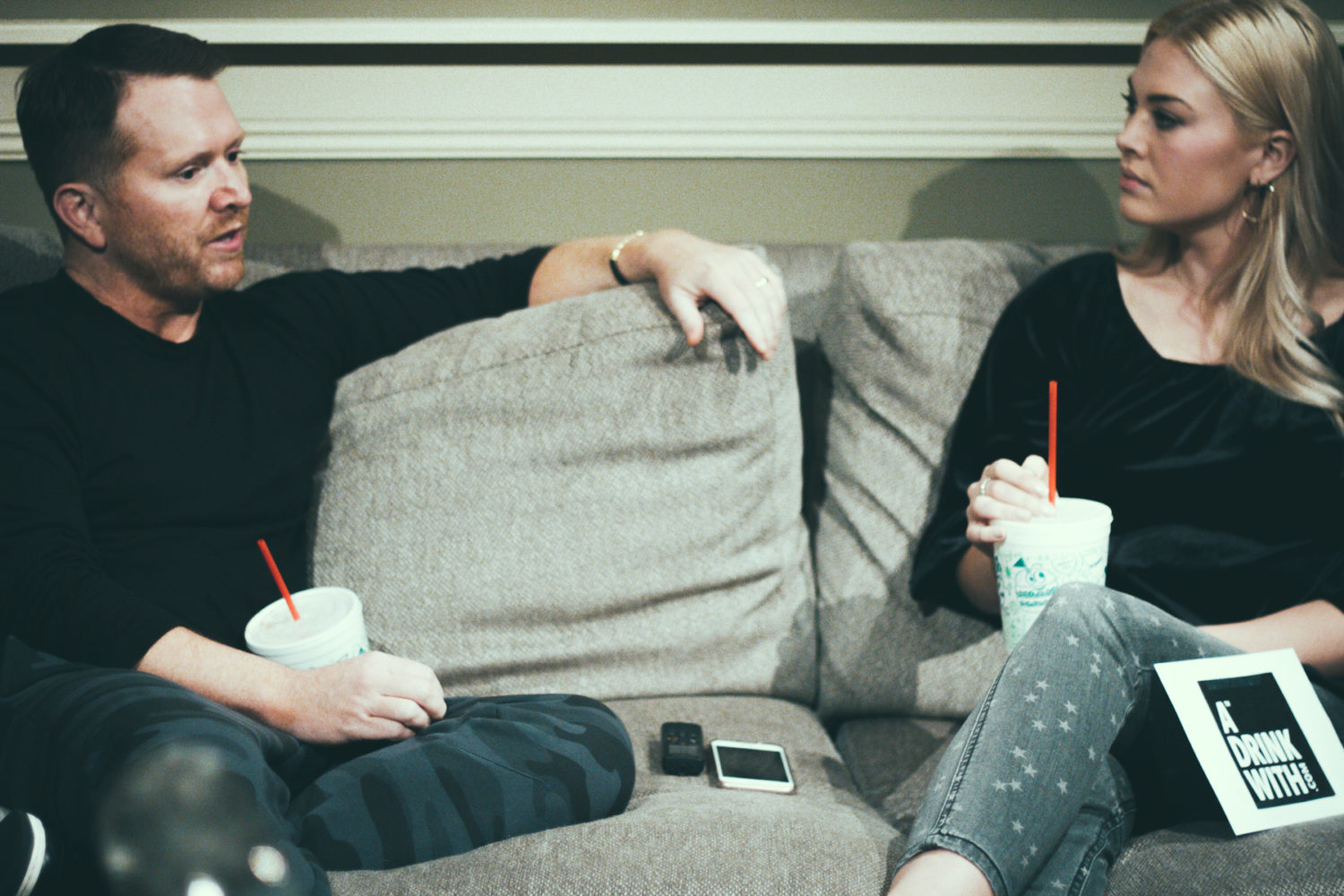
How many No. 1 songs do you have now?
Twenty-seven I think…
That is insane.
It really is. I try to explain to people when they ask how I do it, or what advice I have and it’s just… The only thing that ended up working out for me was that I didn’t know it would end up taking this long, and I didn’t ever have a Plan B.
I always try to explain to folks outside of the music industry, or outside of Nashville, why we are all so fascinated with songwriters. We are dedicated and in love with these songs because for most of us in town, our friends wrote them or we know the stories behind them. How do you like to explain the process of a writing a song to an outsider?
Right. My mom still doesn’t understand either! In Nashville, most of our writing is collaboration. There are so many different relationships in town between writers. It is so hard now because artists have their own “go-to’s” for their songs, people in their camps or they are writing the songs themselves since artists are publishers. So exposure is huge, the more writers you have on a song, the more opportunity it has. I was just talking to Brandy Clark about this— who writes a lot by herself— but she was saying how it is so nice to write with another person as well because they are kind of like a cheerleader for this song idea, too. These days you are writing a song with a track person. They can literally build a demo in a writing session. We can walk out the door with a song. Not long ago, we would write a song, then write a few more, put together a demo session, schedule all the engineers, musicians, etc to record these and send to publishers to pitch to record labels. Nowadays, it is so fast.
What is one backstory of a song that fans don’t know about?
I will give you a very unusual example. Nicolle Galyon, Ross Copperman and myself wrote a song called “Female.” It was a Thursday. We wrote the song, Ross sent us the demo to listen to on our car ride home from the write. Nicolle sent it to her publisher that afternoon. That night the publisher wrote back saying, “I can remember five songs in the last 20 years that hit me like this.” I had not even sent it to my team yet. I am not as quick on the trigger; I like to think overnight about it. So, the next morning [Friday] we were told that Keith Urban had the song on hold, but that doesn’t always mean he is going to record it. Four days after we wrote the song, Keith had come over and put a vocal on the song. By the following Tuesday they were mixing it and getting it ready to push it to iTunes, making sure it was ready following his CMA performance. What is crazy is the week before the CMAs, I was at the CMA nominees’ dinner and sat next to Karen Fairchild and Kimberly Schlapman of Little Big Town. They had heard the song because they’re friends with Nicolle. At the dinner table she said to me, “What ever happened to the ‘Female’ song and Keith?” She said, “That song needs to come out now, like right now. It is so timely.” I honestly did not know anything further at that point aside from him laying his vocals on it. That night we got an email with the label promoting it. Karen texted me and was like, “I guess he is going to cut it!” That was three weeks from the time it was written to the time it came out. Now, if you use this story to describe the songwriting process, everyone is going to be moving to Nashville.
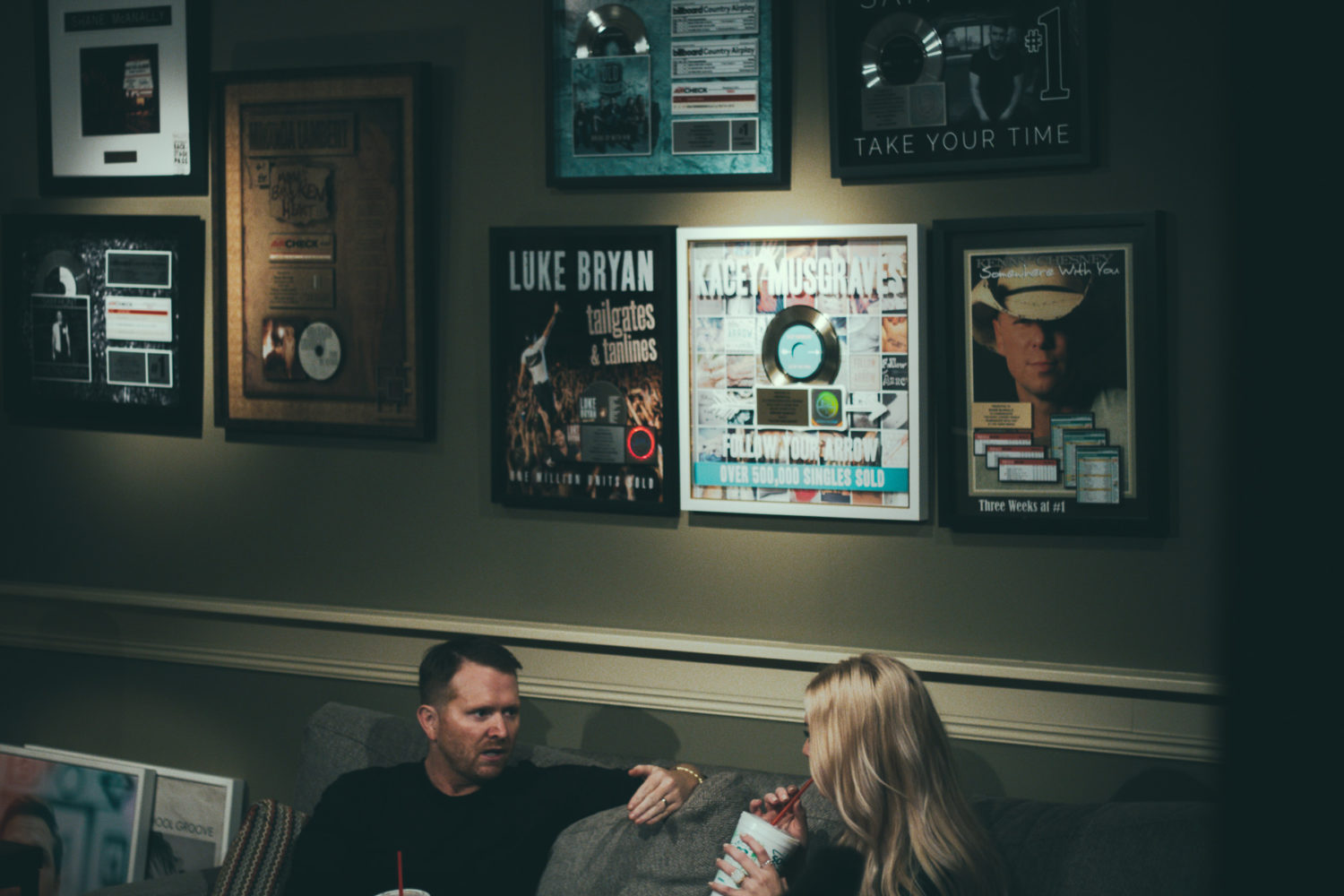
“Body Like A Backroad” was No. 1 on the charts for a record-breaking 34 weeks. If we were a fly on the wall during the writing of that song, what would we have experienced?
Well, it would have been a fly that lived longer than any fly in history! It was so many days, so many weeks. From the moment Sam Hunt said the idea to the moment the song came out, it was a solid year. There was a lot of time crafting that song. Sam’s mastermind idea was that it would feel so simple. I have written over a million songs about a backroad. We know how to write every metaphor from A-Z, we have done it all. We had probably 18 alternate verses for that song. Sam knows what he wants, he knows how it’s supposed to sound in his head. We just had to chisel away to get to the sound. We just kept trying options until Sam knew. I mean two hours before the “send button” for the song, Sam added the line “took me like six weeks.” But, that little line told you so much about the girl in the song; he wanted her number for so long, but it took him six weeks to get the courage. My 4-year-old twins sing that song all the time. I knew when kids could sing it… that shows how catchy the song is.
Who was your biggest musical influence growing up?
It’s hard to pick just one person. Merle Haggard as a songwriter. When I was really young I did not appreciate the real element of songwriting, I just knew the songs that I loved. He was writing most of the songs by himself. They were so true to him and he spoke in a conversational language. Stylistically, there are things he did that I wouldn’t necessarily drive around in my car listening to, but when I listen to the body of work, I don’t think there has ever been anyone better at crafting songs from where you are in life. That is what I try to do. Barbara Mandrell isn’t a songwriter but I was enamored with her and still am. And then Dolly [Parton]. I mean meeting with Dolly on “Forever Country” was the greatest thrill of my life.
Was that the first time you met her?
Yes. I have to tell this story. She gets up early, like 3 a.m. She wanted to sing her parts at 7 a.m. the day we were recording. I have 4 year-old twins and getting up early and out of the house that morning proved to be hard… even for Dolly Parton. I was down the street at a red light at 6:52 and the engineer texts me, “She’s here.” I was freaking out. I wanted to be there when she got there. By the time I drove three minutes down the street to the studio, she was already in the booth with her headphones on. I walked in and hit the button and said, “Hey, Dolly. I am Shane and I just have to go ahead and say this going to be the craziest experience of my life and I cannot just walk in here and act like this isn’t a huge deal. I am about to show you where to sing… on your song.” She just laughed at me and said she was ready to go, and she nailed it. The part that went on the final project was the first take. She did do a second take because I told her, “I cannot imagine it getting any better than that take right there,” and she told me, “Let me give you one more just in case.” She was gone by 7:10 a.m.
How do you deal with writer’s block?
Honestly, I have never experienced it. I think that is because of collaborating. If I was put in a room every day to write by myself, writer’s block would be an issue. But, because I am writing with my friends and I look forward to coming in and seeing them, usually we just end up telling stories and between the few of us, there is always something there to fire us up.
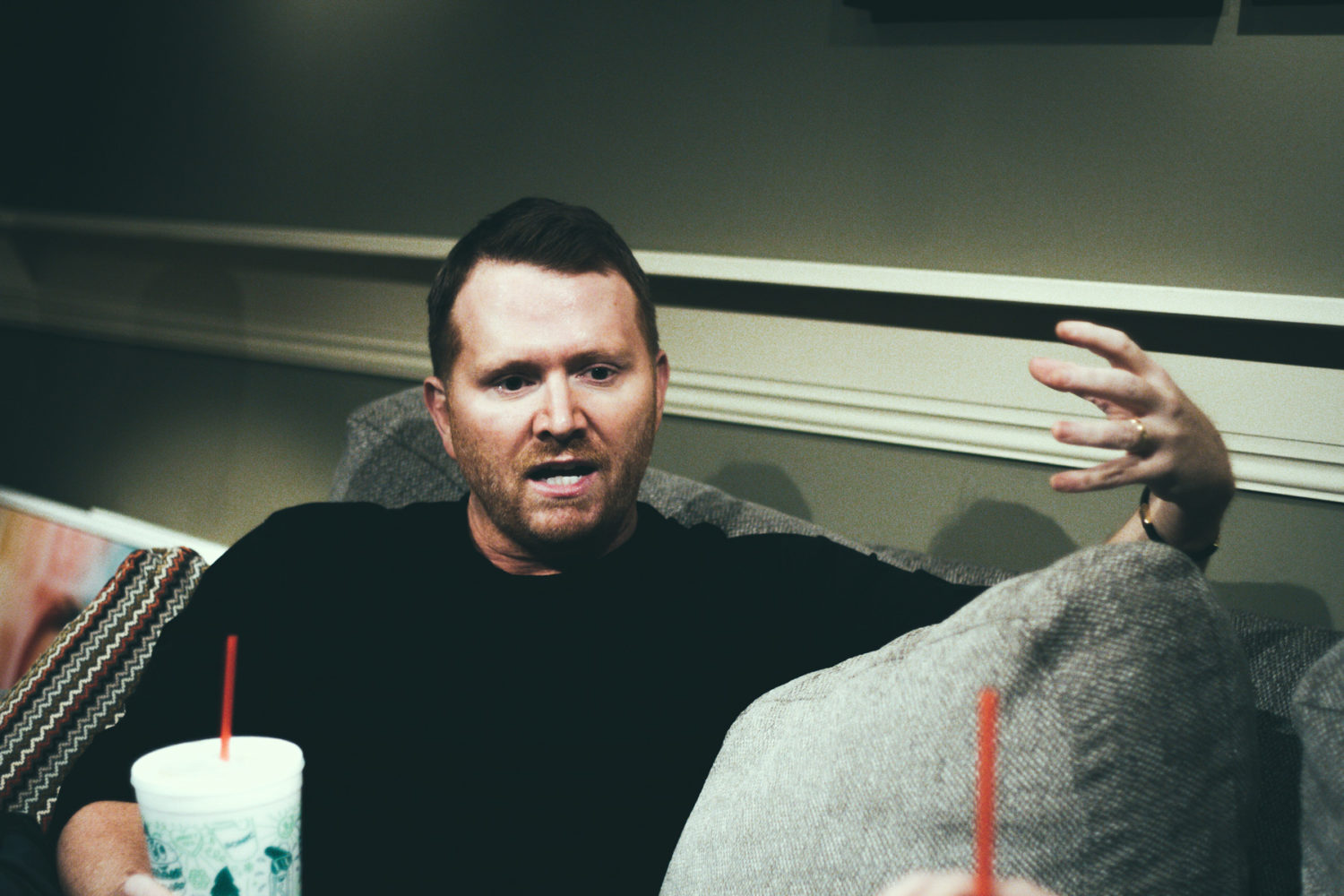
Your publishing company, SMACKSongs, is run by your husband, sister and friends. What advice to you have to anyone who works alongside friends and family?
I thought you were going to ask me, “What are you thinking?” [In the past I would have thought it wouldn’t be a good idea], but now I [feel] the opposite because it has worked so well for us. I wouldn’t have a company if my husband hadn’t said, “If I am moving to Nashville and leaving my company then I need something to do.” He could see how this could all be more than just me. He knows how to do so many different things that I don’t. I love having songwriters in my business who are close to me as well. My sister actually was doing the same job at another company and we needed her. Honestly, we do everything together outside of work as well, and our kids are the same age. Selfishly, it worked because we also wanted to make our own hours and plan office hours around our vacations. I really want my mom to work at our new office at the front door and my sister is not about it. My mom and sister are typical “mom and daughter” in that they love each other but too much time together… if they were working together, somebody might burn the building down. The song “Mama’s Broken Heart” is about my mom and sister, so that can sort of tell you their relationship.
What do you consider your biggest accomplishment to date?
You know, the first Grammy I won for Song of the Year for “Merry Go ‘Round” was such a relief for me. That made me feel like “I really did it.” Awards, before you have them, seem like another world. There is something from when I was a kid… hearing my name at the Grammys, I felt like I could exhale for the first time.
Is there one piece of advice you can give aspiring songwriters?
If you don’t live in Nashville, move here. If you do live here, if there is anything else you are good at, do that. Songwriting can be a great hobby for people. But if you know you want to be a songwriter, and this is all there is, then go for it. If you have something else you can do that is more attainable, then do that because the odds are just not in your favor. If that doesn’t keep you from doing it, then you’re a songwriter.
If you could have a drink with anyone, who would it be?
Oh my God, there are so many!! This is so cliché, but Oprah. Or Chelsea Handler, Jennifer Aniston or Tina Turner. If I had to pick one: Oprah. I mean she’s the closest thing to God we’ve probably got.
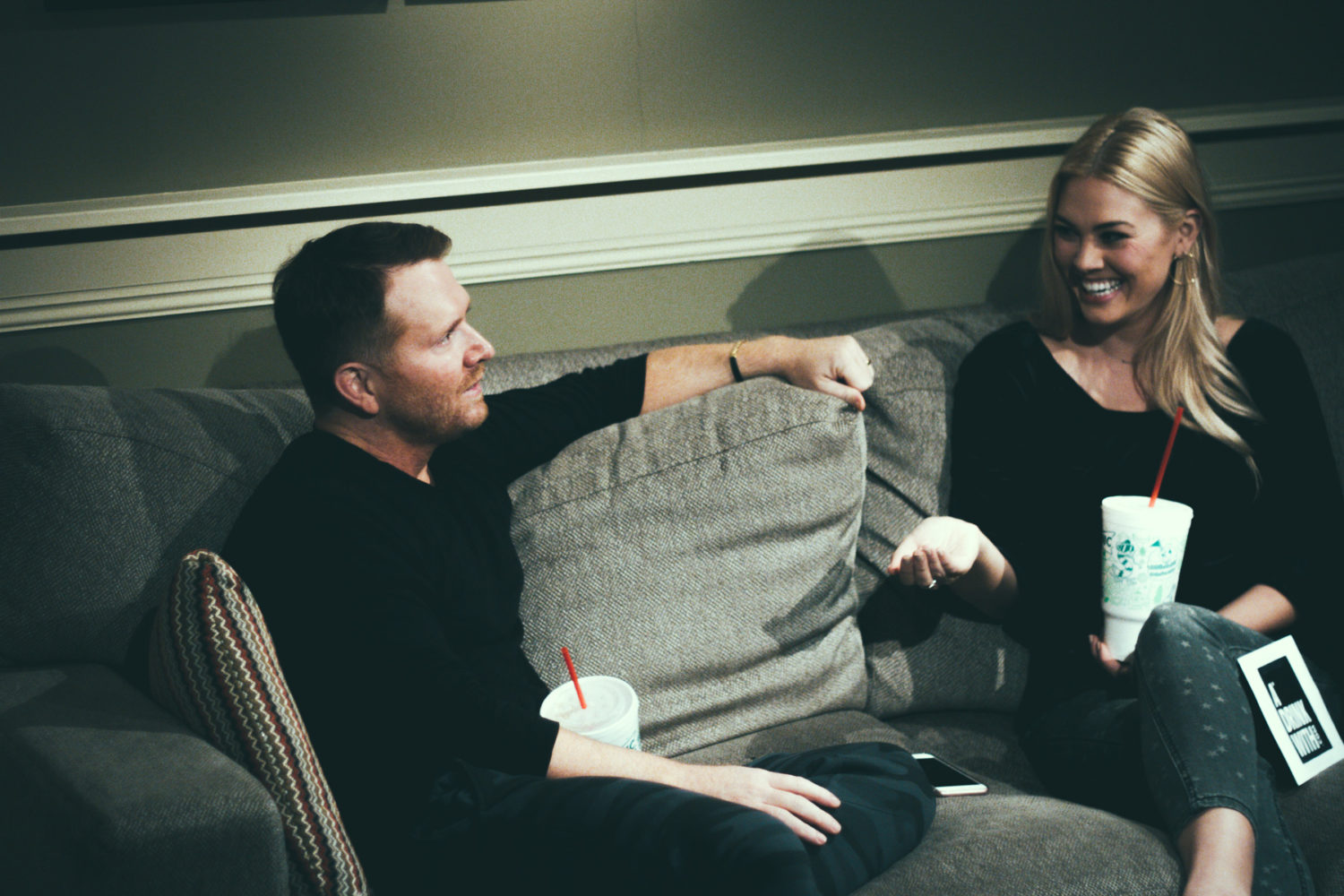
Did you enjoy this feature? Subscribe to our newsletter and never miss a drink, we promise we’ll never spam you!

